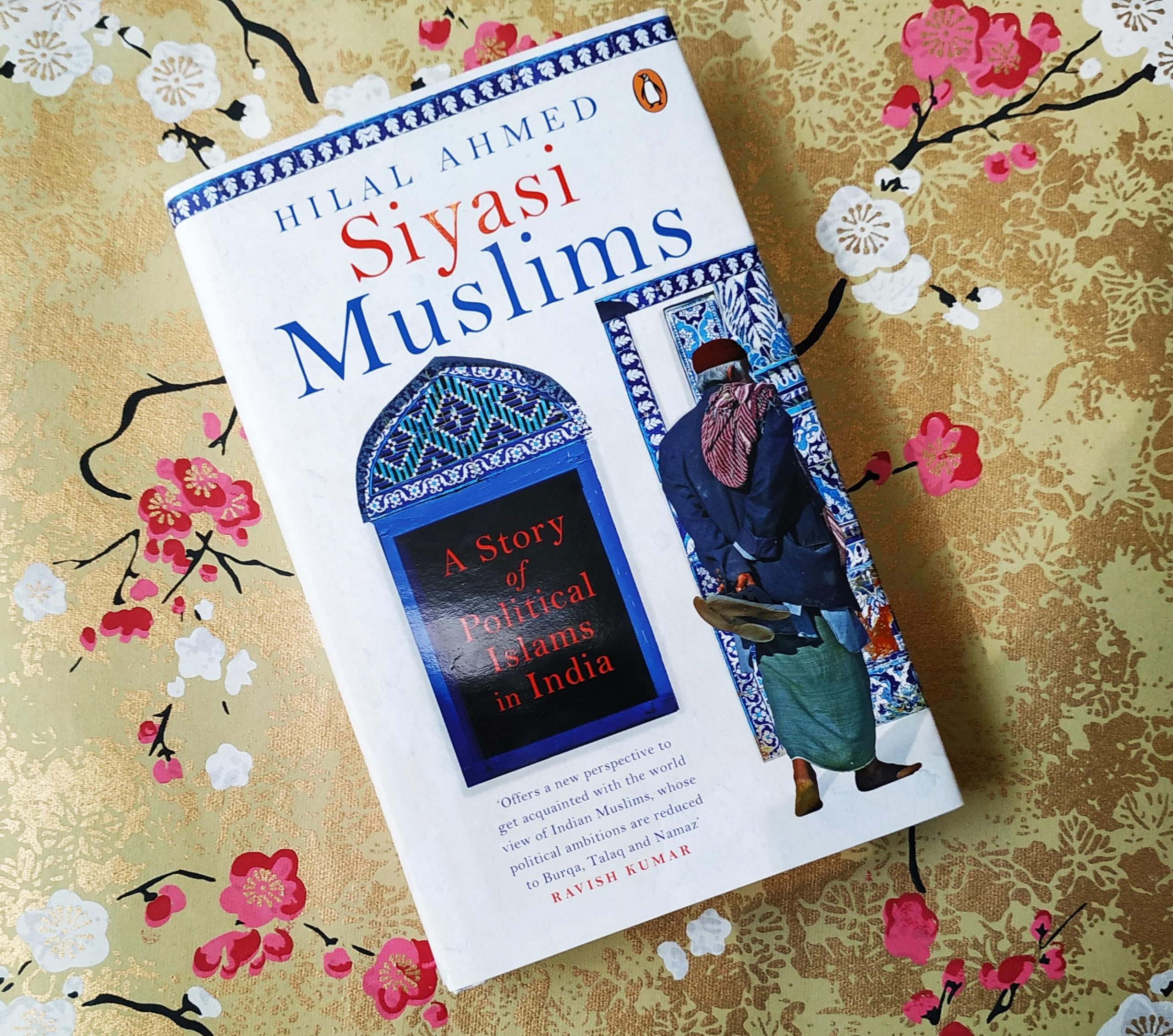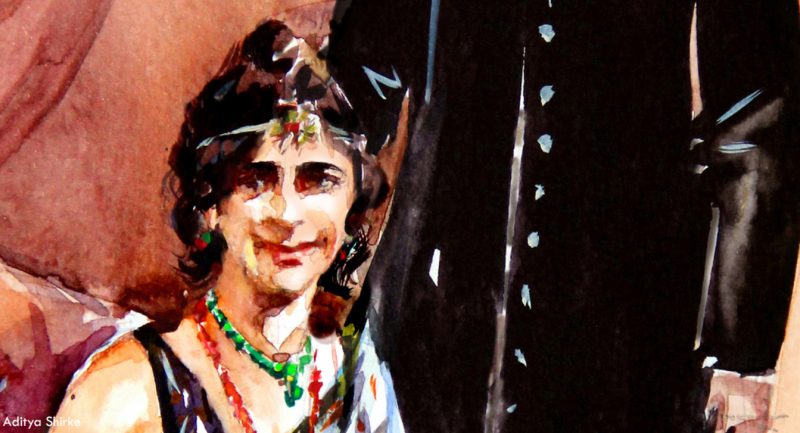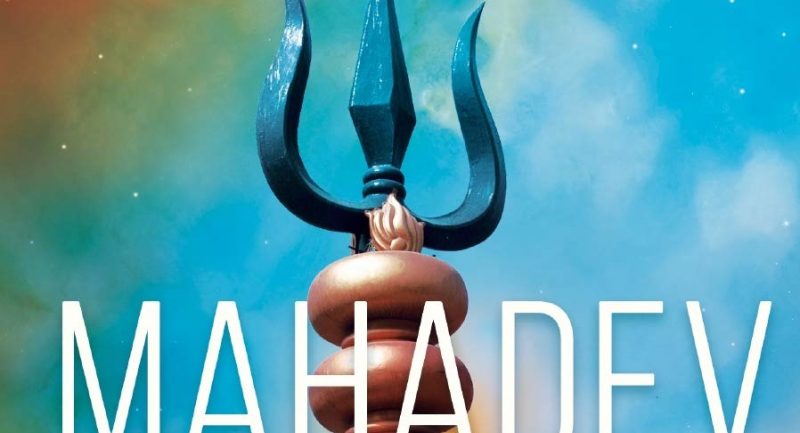
Hilal Ahmed’s new book, Siyasi Muslims does not aim at defining Muslim politics in India. Instead, it looks at the ways in which Muslim politics as a template is used to describe statements, actions and processes. In other words, it studies Muslim politics as a political discourse—an intellectual mode through which certain specific notions of Muslim identity in contemporary India are produced and sustained.
This listicle highlights the reasons why one should read this book:
Number Game
‘Siyasi Muslims’ traces the story of the census that transformed Muslims into a numerical entity. It also identifies the paradoxes of modern Indian Muslim identity and tries to answer a very basic question—how to address the highly diversified Indian Muslim community in intellectual terms.
Muslims of Hindutva
The book makes an attempt to understand the historically constituted anti-Muslim rhetoric of different forms of Hindutva. It also underlines the genealogy of a few questions that are asked to evaluate the loyalty and patriotism of Muslims.
Minoritization of Muslims
The narrative unravels the structure of the concept of Siyasi Muslims by looking at the legal–constitutional technicalities to understand the much talked about status of Muslims as an official minority.
Beyond Talaq-Talaq-Talaq
A very close attention is also paid to the triple talaq debate. Instead of suggesting what Muslim men do, it looks at the complex argument made by the Muslim women’s groups.
Muslim elites
It is an effort to make a serious attempt to reveal the class structure among Muslims in India. Using the official data of the Government of India and seminal works on Muslim classes, it offers a contemporary conceptualization of the idea of the Muslim elite.
Examining the everydayness of Muslims in contemporary India, Hilal Ahmed in Siyasi Muslims offers an evocative story of politics and Islam in India, which goes beyond the given narratives of Muslim victimhood and Islamic separation.









